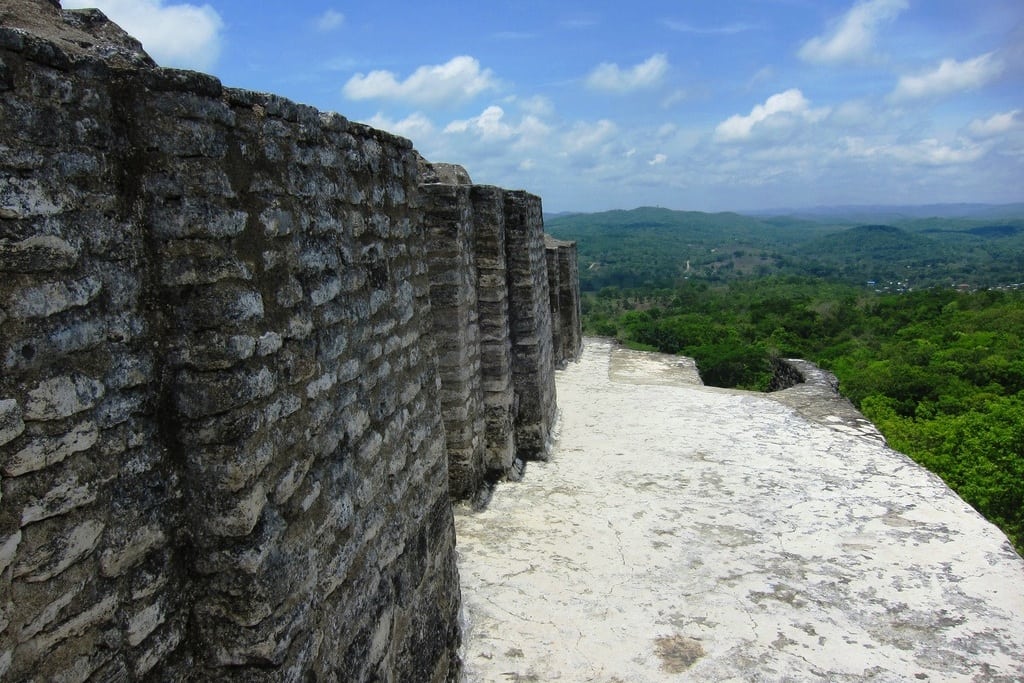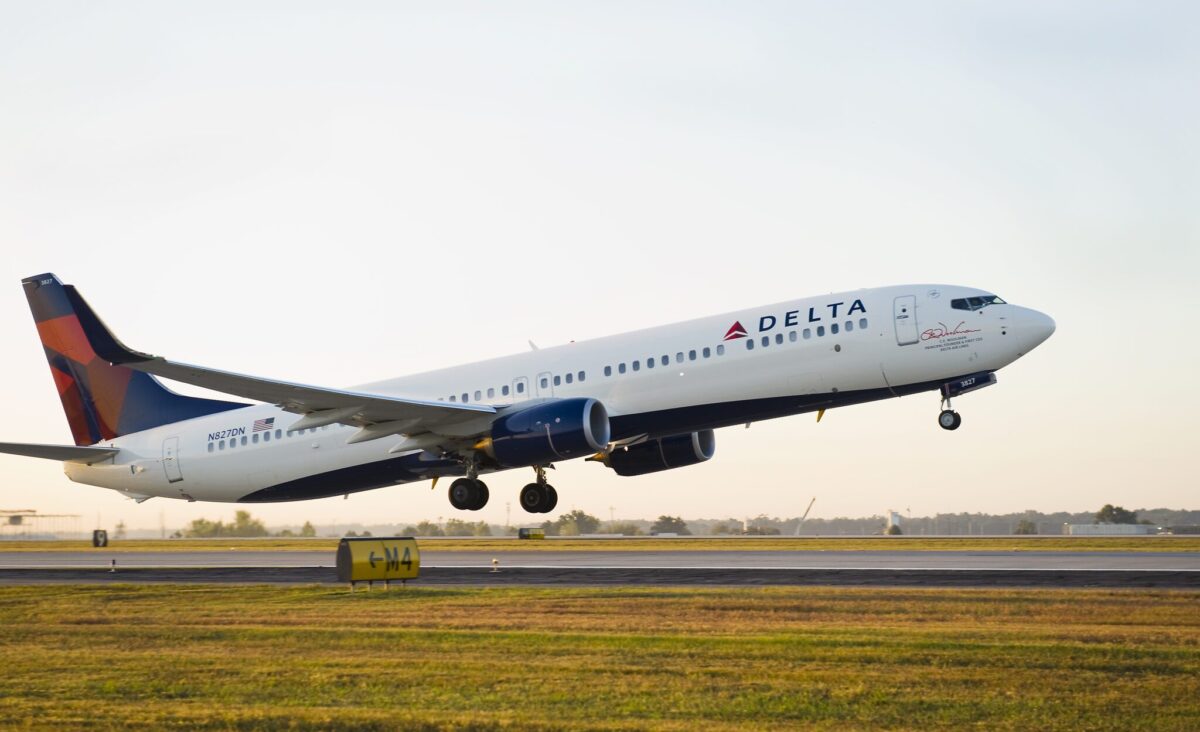Belize decries destruction of temples integral to tourism growth

Skift Take
The government of Belize said Tuesday it is pursuing a "vigorous" investigation into a road-building company's near destruction of one of the country's largest Mayan pyramids.
The Ministry of Tourism and Culture expressed outrage at the demolition of the Nohmul complex in northern Belize to extract crushed rock for a road project. It said it is investigating to determine precisely how it happened.
Its statement called the wrecking of the ceremonial center that dates back at least 2,300 years "callous, ignorant and unforgivable."
Cultural landmarks like Nohmul should be protected at all costs and the "disdain for our laws and policies is incomprehensible," the statement said.
Jaime Awe, who heads the Belize Institute of Archaeology, said Monday that the builders could not possibly have mistaken the pyramid mound for a natural hill because the ruins were well-known and the landscape there is naturally flat.
Awe said the destruction at complex in northern Belize was detected late last week.
People's United Party, the main opposition party, also condemned the destruction and urged that those responsible be brought to justice.
"The demolition of ancient Maya temples is deplorable, as these are not only important elements of our Belizean history and culture but an integral component of a developing tourism industry," the party said in a statement.
The party said the destruction of the Mayan temple could hurt the area's tourism growth.
Experts said it was not the first time this has happened in Belize, a Central American country of about 350,000 people that is largely covered in jungle and dotted with hundreds of Mayan ruin sites, though few as large as Nohmul.
"Bulldozing Maya mounds for road fill is an endemic problem in Belize (the whole of the San Estevan center has gone, both of the major pyramids at Louisville, other structures at Nohmul, many smaller sites), but this sounds like the biggest yet," Norman Hammond, an emeritus professor of archaeology at Boston University who worked in Belizean research projects in the 1980s, said in an email to The Associated Press.
Copyright (2013) Associated Press. All rights reserved. This material may not be published, broadcast, rewritten, or redistributed. ![]()




